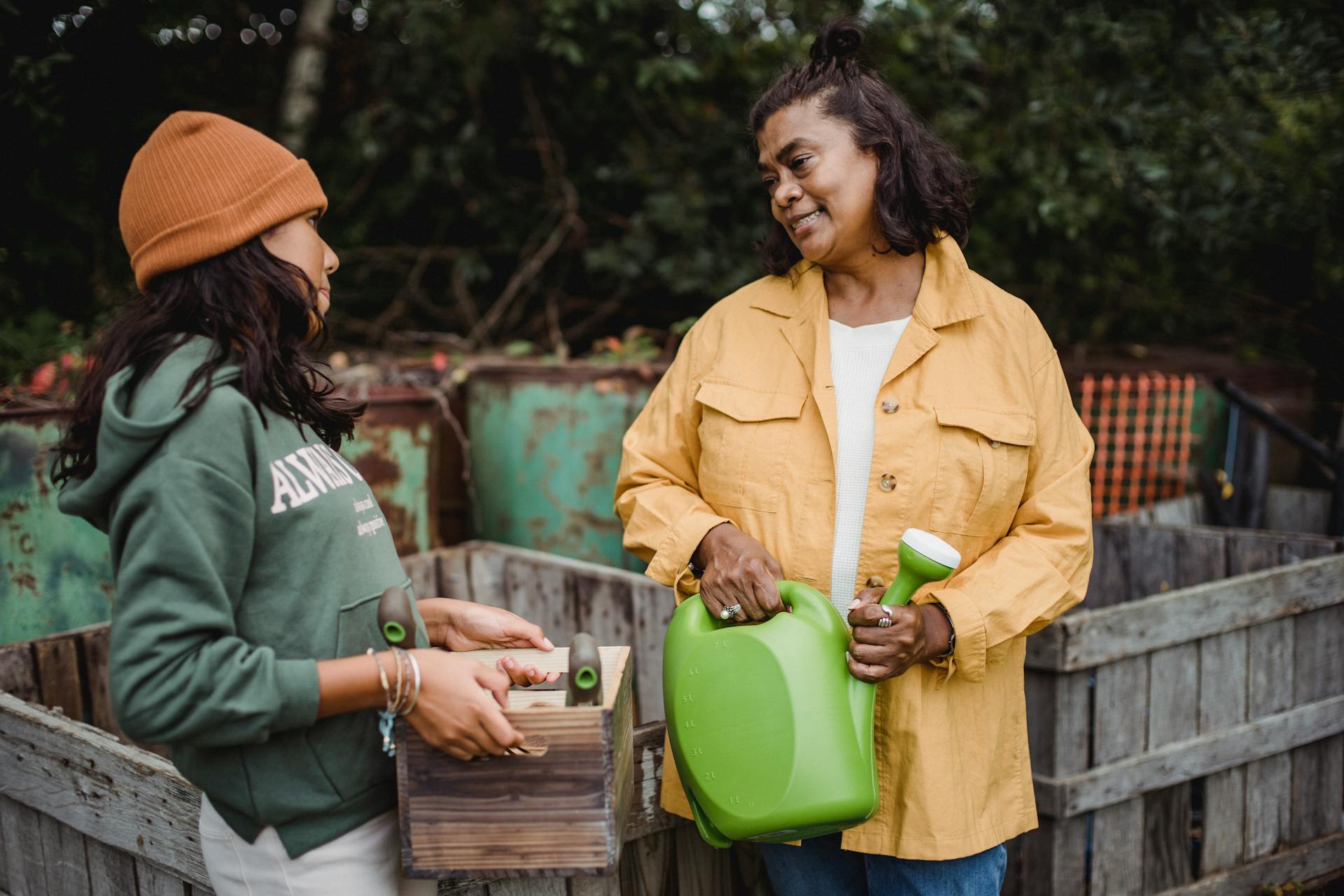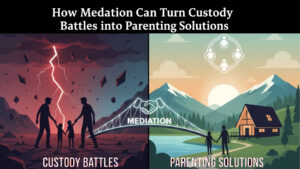The Changing Landscape of Families and Relationships — And How Mediation Can Help By Jennifer Segura
Families today don’t look like they used to — and that’s not just okay, it’s beautiful. The past few decades have seen a remarkable evolution in how people choose to build their lives, love one another, and raise children. The definition of “family” has expanded well beyond the traditional nuclear model, and with that evolution comes both freedom and complexity.
From same-sex parenting to multi-parent households to blended families and co-parenting communities, the makeup of the modern family is as diverse as the people in it. While these changes reflect progress, compassion, and inclusivity, the systems designed to support families — especially the legal system — have not always kept up.
Families Today: More Than One Way to Be a Family
We now see:
- Two moms or two dads raising children through adoption, surrogacy, or previous relationships.
- Single parents supporting each other, sharing resources and responsibilities without romantic involvement — sometimes even choosing to live together as a parenting team.
- Three-parent families, where a child has a biological mother and father, plus a third parent who plays an equal caregiving role, such as a stepparent or close family friend.
- Blended families that combine children from previous relationships, sometimes navigating shared custody across multiple households.
- Chosen families, often within LGBTQ+ or immigrant communities, where deep bonds replace or supplement strained or distant biological family ties.
In these and many other cases, the love and care children receive can be abundant — but navigating responsibilities, boundaries, and legal rights within these structures can be incredibly complicated.
The Legal System: Built for Simpler Times
Despite how far society has come, family courts and legal frameworks still tend to rely on outdated assumptions. Most statutes, custody templates, and court procedures are built around the idea that there are only two legal parents, typically a mother and father, who either live together or split time in a predictable custody arrangement.
When your family doesn’t fit that template, trying to resolve disputes or formalize arrangements through the court can feel like trying to fit a square peg into a round hole.
For example:
- Courts may not know how to treat a third parent who has no biological tie to the child but has been raising them since birth.
- A co-parenting duo made up of two platonic friends may not have the same legal protections as married couples.
- Children with same-sex parents sometimes lack clarity in legal documents about guardianship or decision-making rights.
- Judges may default to traditional parenting schedules that don’t reflect the nuanced needs of modern families.
This gap in understanding can lead to outcomes that don’t honor the realities — or the best interests — of your family.
Why Mediation Makes Sense for Modern Families
This is where family mediation becomes not just helpful, but vital.
Unlike litigation, mediation is not about assigning blame or forcing one-size-fits-all solutions. It’s a collaborative, child-centered, and forward-looking process that gives families the space to define what works best for them.
Some benefits include:
- Custom Solutions: Mediation allows you to create personalized parenting plans and agreements that reflect your family’s unique makeup — including multiple parents or guardians.
- Inclusion of All Stakeholders: The process can involve anyone playing a meaningful role in a child’s life — not just the two legal parents.
- Preservation of Relationships: Especially important in co-parenting or blended family situations, mediation helps preserve and even improve relationships by fostering communication and mutual respect.
- Lower Cost, Less Stress: Compared to litigation, mediation is often faster, less expensive, and far less emotionally draining — all of which benefit the children at the center of the process.
- Privacy and Control: You keep control over your family’s future, rather than leaving it in the hands of a judge who may not understand your dynamic.
Real-Life Example: Two Moms and a Known Donor
Take the story of Alex and Jenna, a married lesbian couple who conceived their child using a known donor, Kyle — a close friend who wanted to be involved but not as a co-parent. Over time, Kyle took on a more consistent role in their child’s life, and when Alex and Jenna separated, questions arose about who had legal rights, who could make decisions, and how parenting time should be shared.
Court wasn’t the answer. There simply weren’t clear laws in their state to guide a situation like this.
Instead, they chose mediation. Together, they created a parenting agreement that acknowledged each adult’s role in the child’s life, addressed decision-making responsibilities, and outlined a schedule that worked for everyone — especially the child.
Mediation for Blended Families
Blended families face their own set of challenges. Imagine trying to merge two families — each with their own traditions, routines, and parenting styles. It’s not just about step-parenting logistics, but also about navigating co-parenting relationships with ex-partners, managing expectations, and protecting children from conflict.
Mediation can help couples and co-parents have tough conversations around discipline, finances, holidays, and transitions — all while focusing on minimizing disruption for the children.
You Deserve a Process That Honors Your Family
No matter how your family is formed, you deserve to be seen, heard, and respected. You shouldn’t have to force your life into someone else’s outdated definition of what a family should be. And your children deserve to have the adults in their lives working together for their best interests — regardless of titles, gender, or biology.
At its heart, family mediation is about collaboration, creativity, and compassion. It’s about building a plan that supports your family’s future — not tearing it apart over differences or legal technicalities.
If you’re navigating a unique family dynamic and want a respectful, inclusive, and forward-thinking approach to co-parenting or blending your family, consider family mediation.
We work with families across San Diego, Orange County, and Los Angeles to create solutions that reflect the real people behind the paperwork.
Let’s create a parenting plan that fits your family — not someone else’s definition of one.
If you’re in San Diego, Orange County, or Los Angeles and you’re navigating a complex family structure or co-parenting arrangement, reach out today to learn how family mediation can bring clarity, stability, and peace to your journey.








